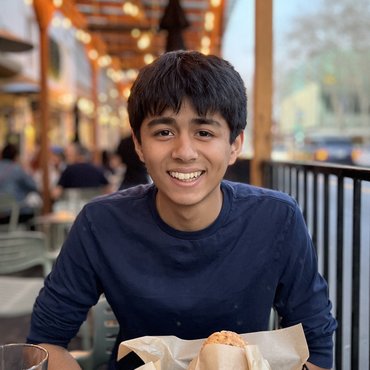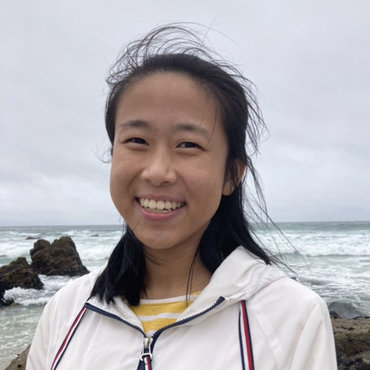
Nikki Apana, '20
Unequal treatment: Exploring unconscious bias in health care

"One nurse told me I look like a dope fiend. I said, ‘Well, I am not who you think I am.' I was actually very sick.… And they were accusing me of wanting drugs." – James (pseudonym), 43-year-old Black male
James is a participant in the community-based research project I have been conducting over the past three summers. I have been collaborating with Contra Costa Health Services, the public health system in my hometown, to find ways to address unconscious bias in patient care. Unconscious bias refers to the stereotypes we internalize that affect our behavior, judgments, and actions without our conscious awareness. And what is so pernicious about unconscious bias is that everyone has it, yet few realize it.
Unconscious bias covertly plays out in our everyday lives. As described in Howard Ross's Everyday Bias, NBA referees call more fouls against Black players than White players, famous Black actor Danny Glover reported struggling to hail a New York City cab after dark, and job applicants with "Black" names are less likely to receive a callback than applicants with "White" names. Bias extends beyond race to gender, sexuality, socioeconomic status, age, and weight. It surrounds us every day and it is embedded in our subconscious. Even when we think we treat everyone equally, pride ourselves on promoting equality, and call ourselves feminists, queer allies, and social justice activists, unconscious bias still pervades our minds and actions.
Bias is particularly injurious in the provision of health care. Even after differences in socioeconomic status are taken into account, Blacks and other minorities still receive lower quality of care than Whites. Innumerable studies in the American Journal of Public Health and Annals of Emergency Medicine show how bias can impact clinical decisions. Physicians tend to rate their Black patients as less intelligent, more likely to abuse drugs and be non-compliant with treatment, and less likely to desire an active lifestyle and have adequate social support. Minority children with accidental injuries are three times more likely to be reported for suspected child abuse than their White counterparts. Additionally, Black and Hispanic patients are two times less likely to receive pain medication in the emergency department than White patients.
James shared a similar account of being accused of seeking drugs and being denied pain medicine while seeking emergency treatment for a liver condition. His narrative is just one of many that I collected through the community-based research project.
This project grew out of a community need to address unconscious bias. During my first summer as a Community-Based Research Fellow through the Haas Center, I helped the Contra Costa Health Equity Team develop an unconscious bias training curriculum for health-care providers. The training has been piloted with over 500 providers and continues to raise awareness about the detrimental effects of provider bias.
However, many participants have still expressed concerns about learning how to mitigate their bias in the clinical setting. I consulted with members of the Health Equity Team, and together we developed the next stage of research: interviewing patients and providers about their perceptions of unconscious bias in the health centers.
This study seeks to center the voices of populations that have been historically marginalized and silenced. It will also identify concrete examples of insensitive behaviors in order to offer providers specific tools for reducing unconscious bias. I have already conducted 56 interviews with patients and providers, including the one with James, and have been qualitatively analyzing these transcripts over the last two quarters with the support of the Haas Center Public Service Scholars Program and my honors thesis advisors, Donald Barr and Jennifer Wolf. In the spring quarter, I will finish writing my honors thesis and deliver a presentation and report to Contra Costa Health Services with suggestions for improving the implicit bias training.
Community-based research has taught me the value of placing community needs at the forefront of identifying problems and enacting change. More specifically, this project with Contra Costa Health Services has given me the opportunity to explore unconscious bias in medicine, as well as my own unconscious bias. I am slowly becoming more aware of my own biases and more capable of stopping biased thoughts in their tracks. All the stereotypes we have learned can be unlearned once we recognize the ways in which we hold biases, foster dialogue about unconscious bias, and continue to acknowledge privilege and self-reflect on our actions and attitudes. Biases can be broken. With time and effort, injustices like those James has faced will become the exception rather than the norm.
You can find out more about your unconscious mind and take an Implicit Association Test (IAT) at Harvard's Project Implicit.


